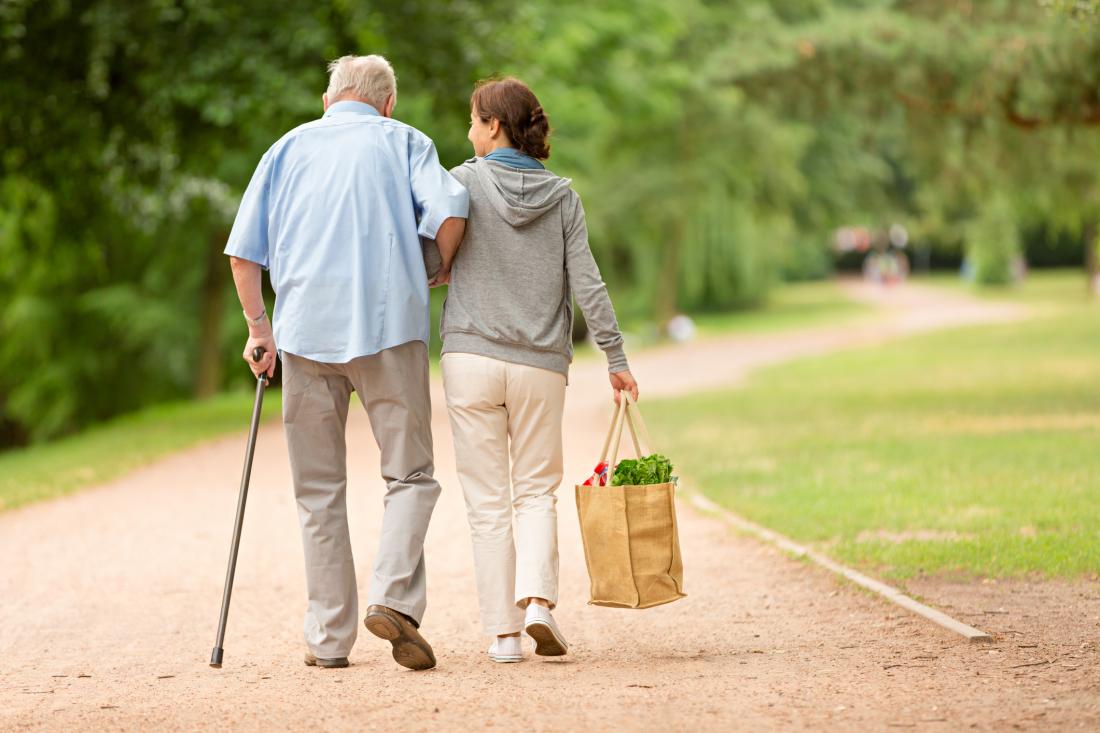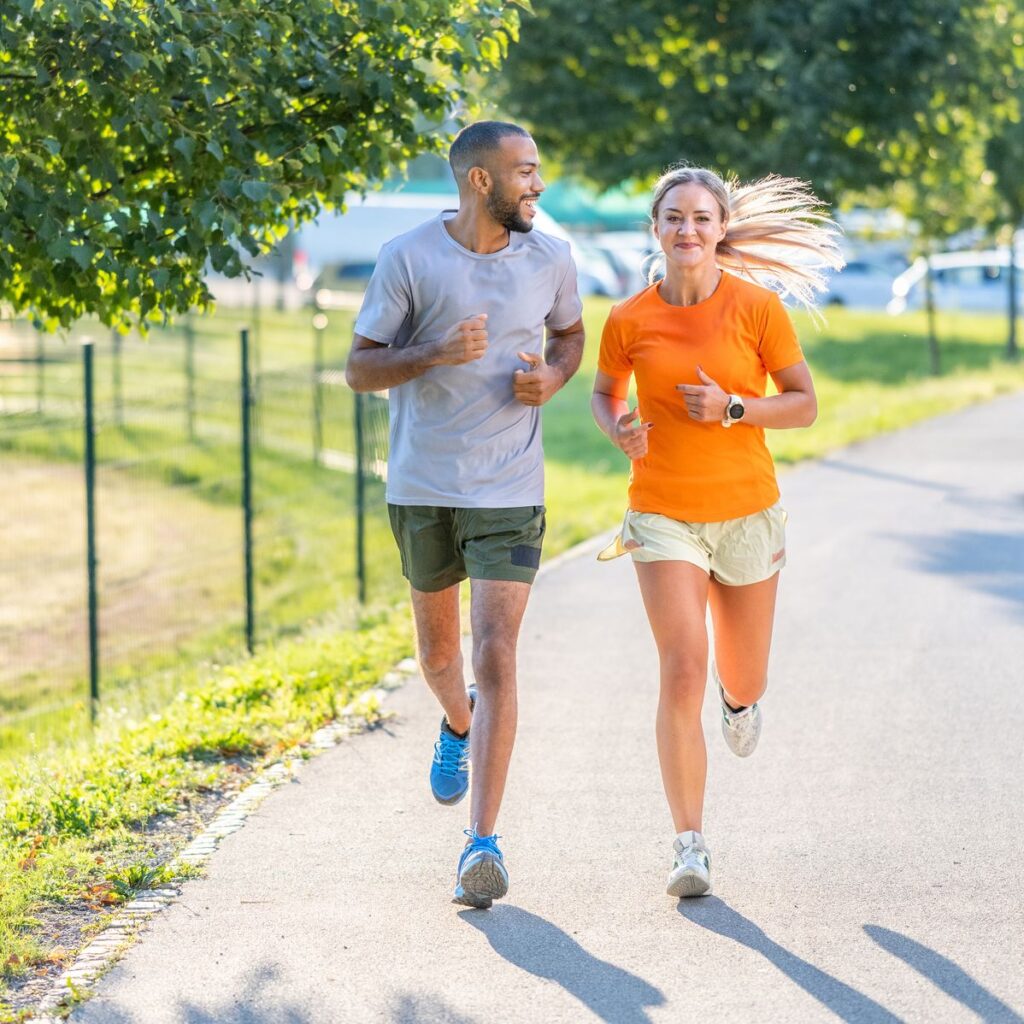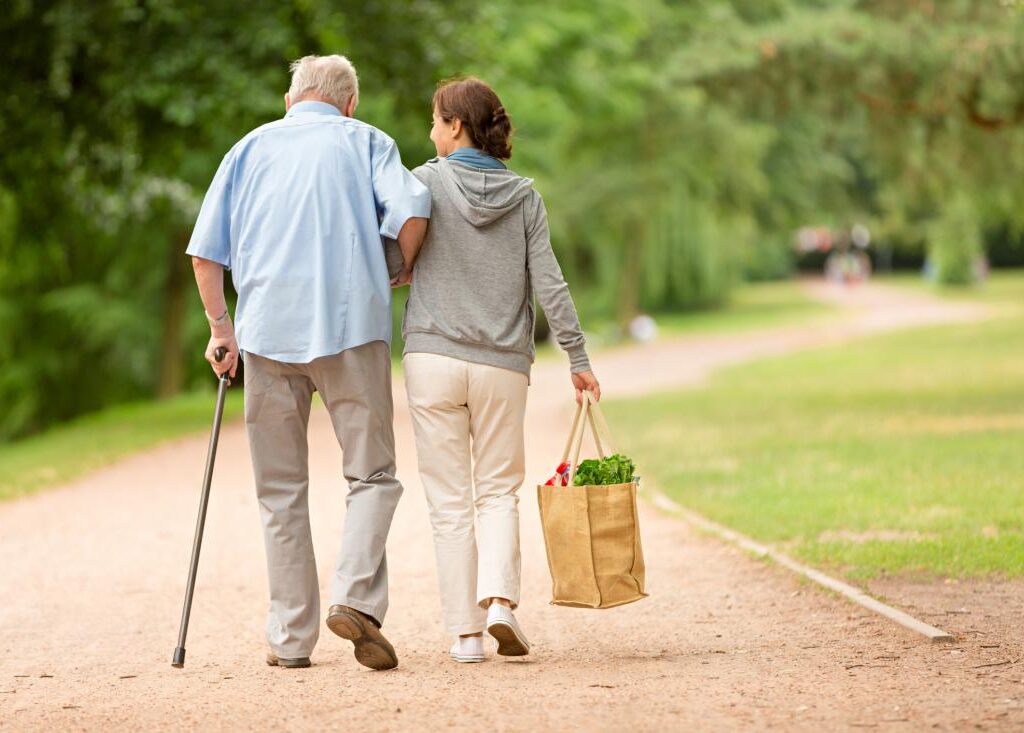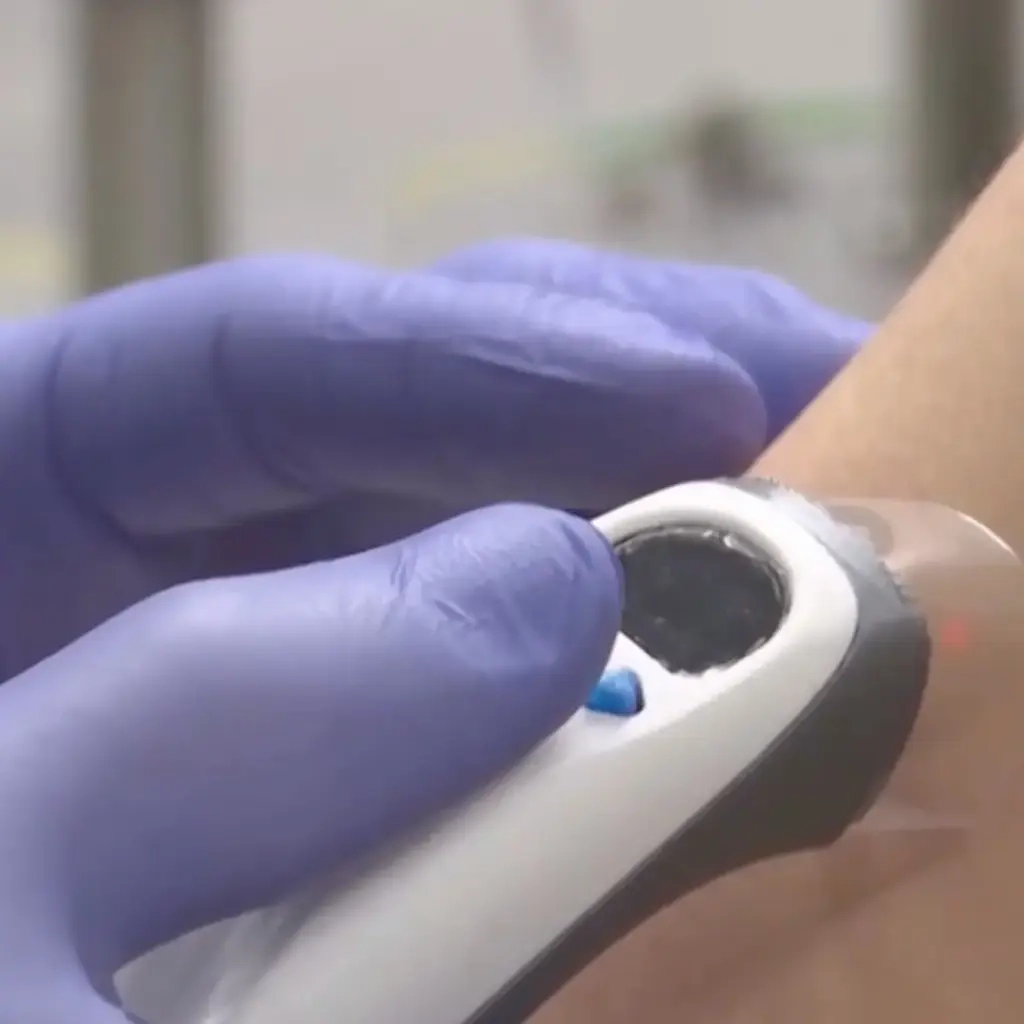
Have you ever noticed how kids can run around for hours without getting tired, while adults can barely make it up the stairs without needing a break? It’s a common phenomenon – as we get older, our bodies seem to slow down. But why does this happen?
Research suggests that it’s not just because we’re getting older, but because our bodies are actually changing in ways that affect our physical abilities. One of the main reasons is the decline in our VO2 max, which is the maximum amount of oxygen our bodies can utilize. Studies have shown that VO2 max decreases by about 10% per decade after the age of 30. This means that as we get older, our bodies are less efficient at using oxygen, which can lead to fatigue and decreased physical performance.
Another reason for the slowdown is the decrease in our heart rate and heart stroke volume. Our heart rate is the number of times our heart beats per minute, and our heart stroke volume is the amount of blood that is pumped by the heart with each beat. As we get older, our heart rate and heart stroke volume decrease, which means our muscles don’t get the oxygen and nutrients they need to function properly.
Hormonal changes also play a role in the slowdown. Decreases in testosterone and estrogen can reduce lean muscle mass, slowing metabolism and decreasing physical strength.
But it’s not all bad news! While our bodies may naturally slow down as we get older, there are things we can do to stay active and healthy. Regular exercise, such as cardio and strength training, can help improve our VO2 max and increase our lean muscle mass. Eating a healthy diet and getting enough sleep can also help support our physical health.

In conclusion, our bodies naturally slow down as we get older, but it’s not because we’re getting older, it’s because our bodies are changing in ways that affect our physical abilities. By understanding these changes and staying active, we can maintain our health well into old age.
Frequently Asked Questions
1. What is VO2 max and why is it important?
VO2 max is the maximum amount of oxygen our bodies can utilize. It’s important because it affects our physical performance and endurance.
2. How can I improve my VO2 max?
Regular exercise, such as cardio and strength training, can help improve your VO2 max.
3. What are some other ways to stay active and healthy as I get older?
Eating a healthy diet, getting enough sleep, and staying hydrated can all help support your physical health.
4. Can I still exercise if I have a chronic condition?
Yes, but it’s important to talk to your doctor first to make sure it’s safe and to get any necessary modifications.
5. How often should I exercise to see results?
Aim for at least 30 minutes of moderate-intensity exercise per day, three to four times per week.
READ ALSO


